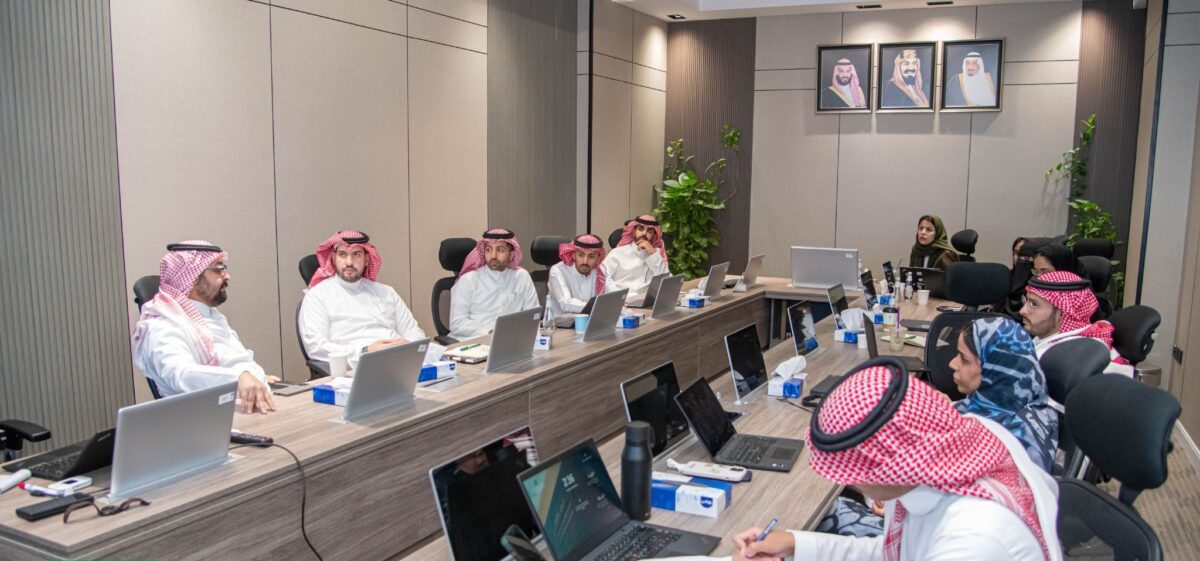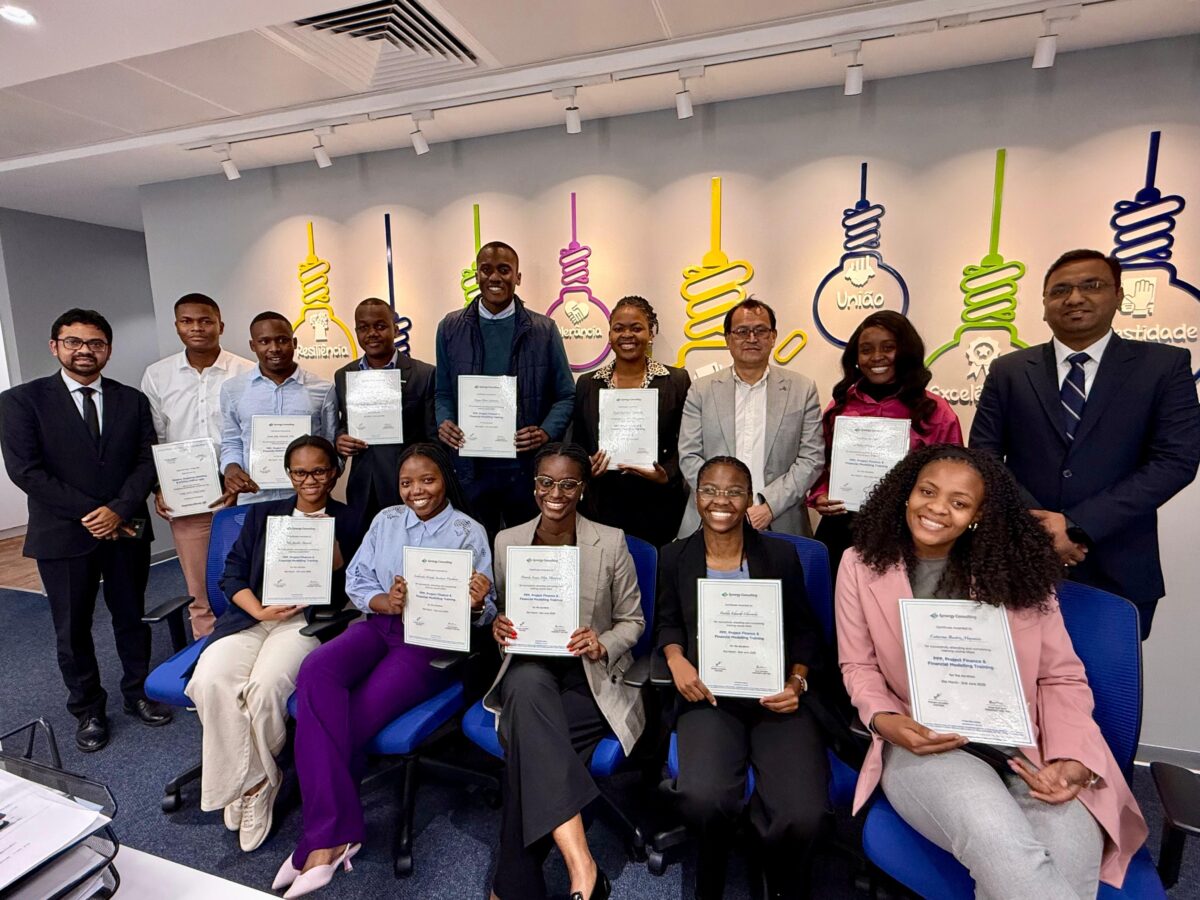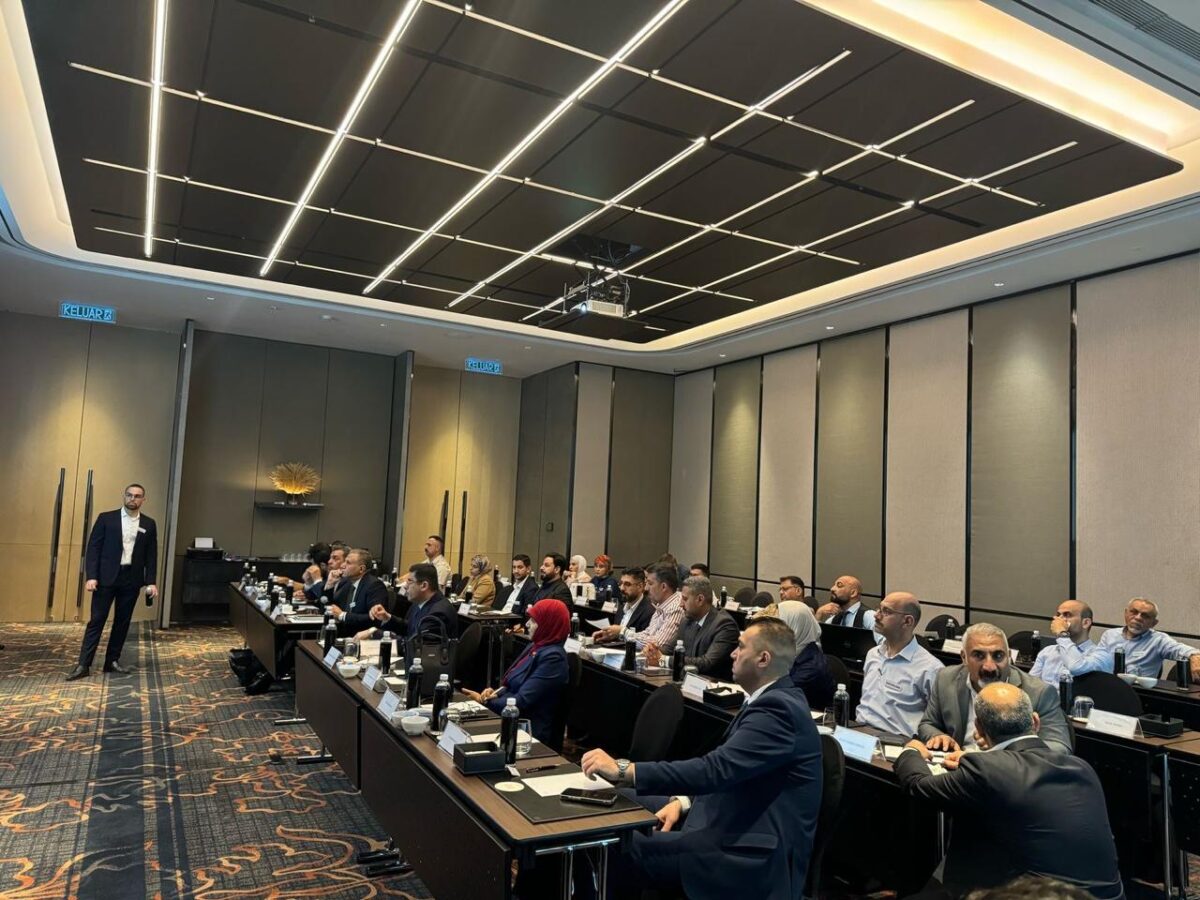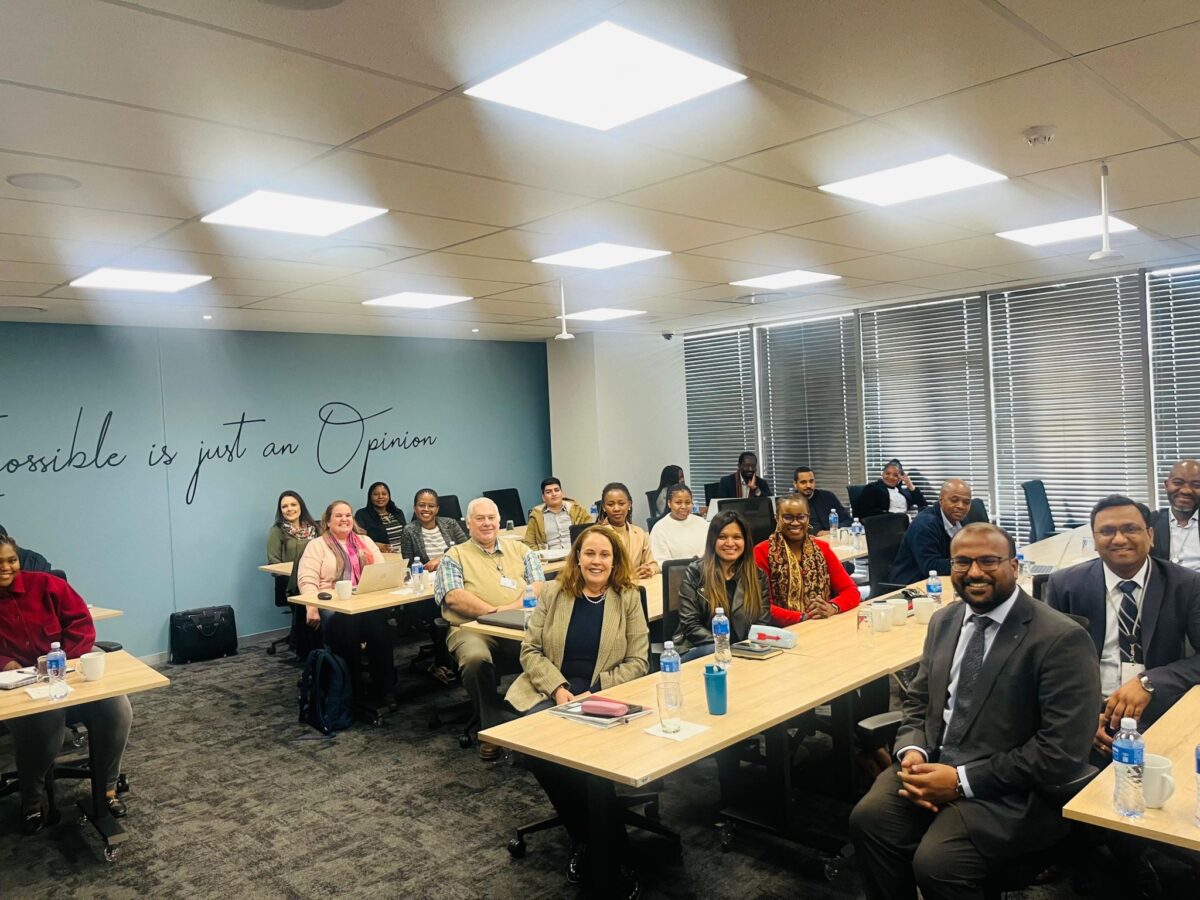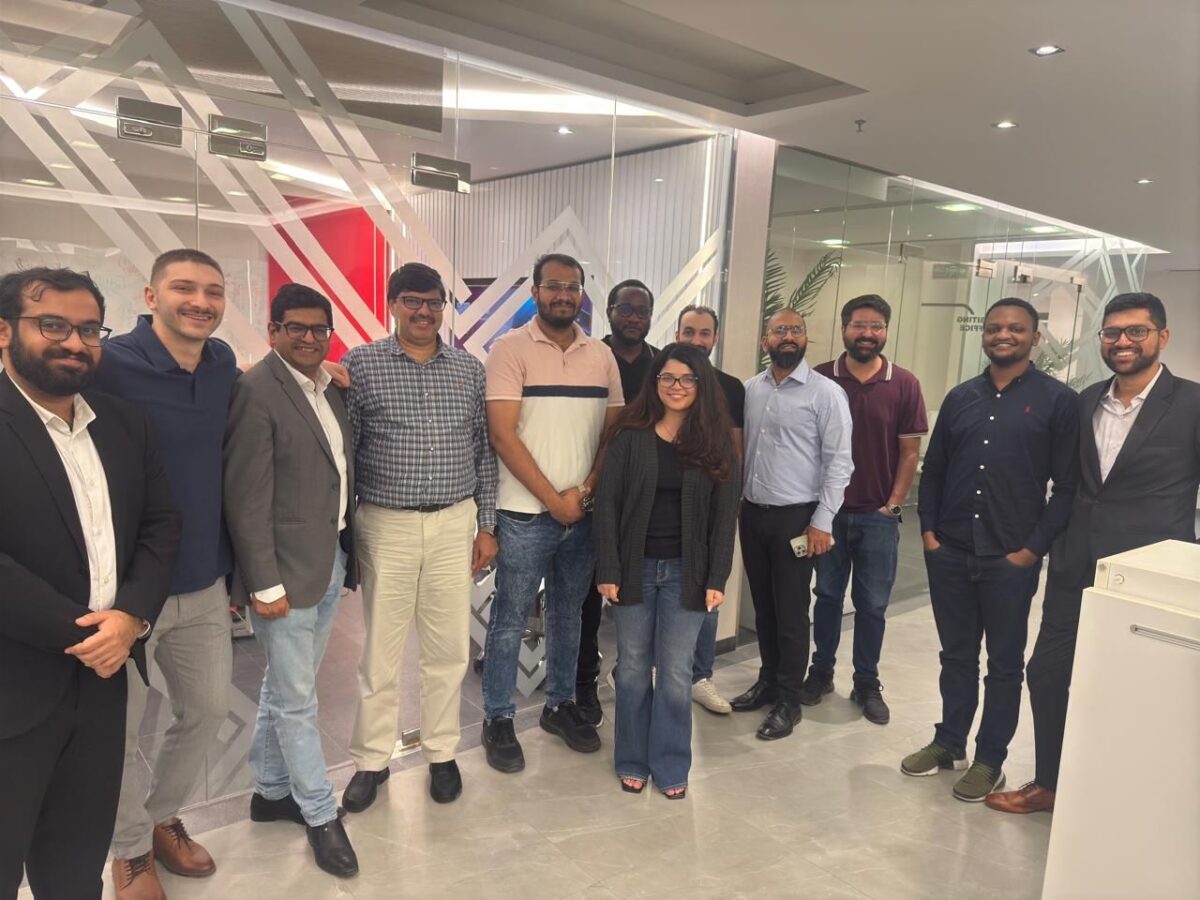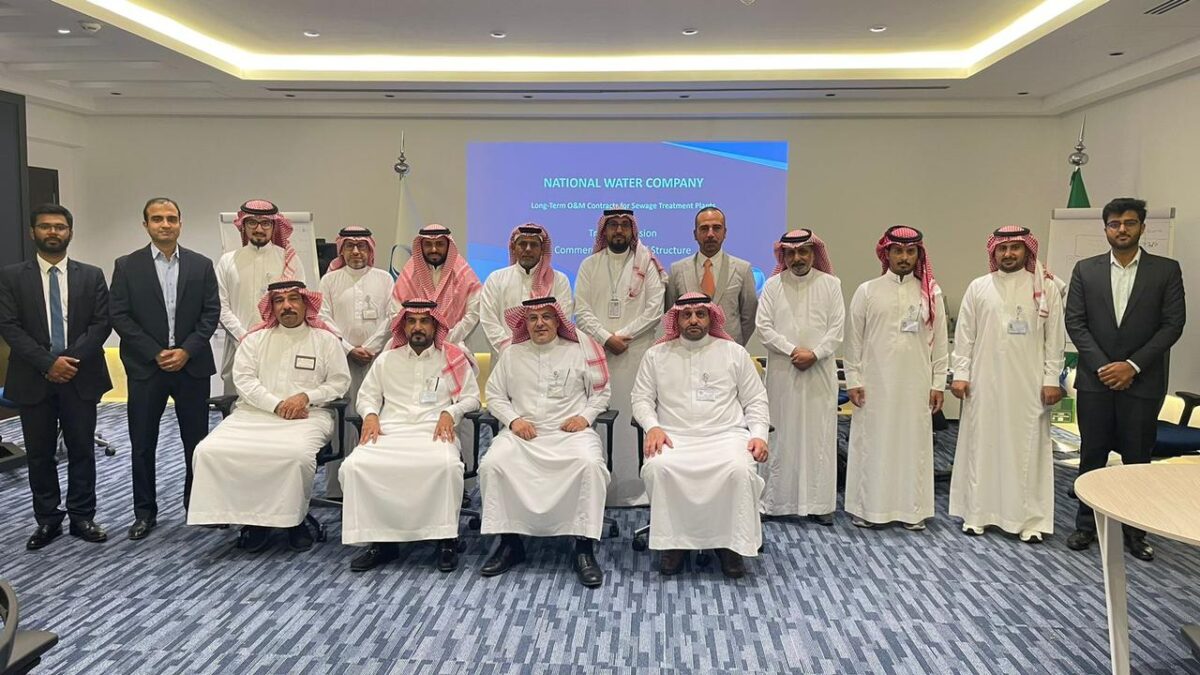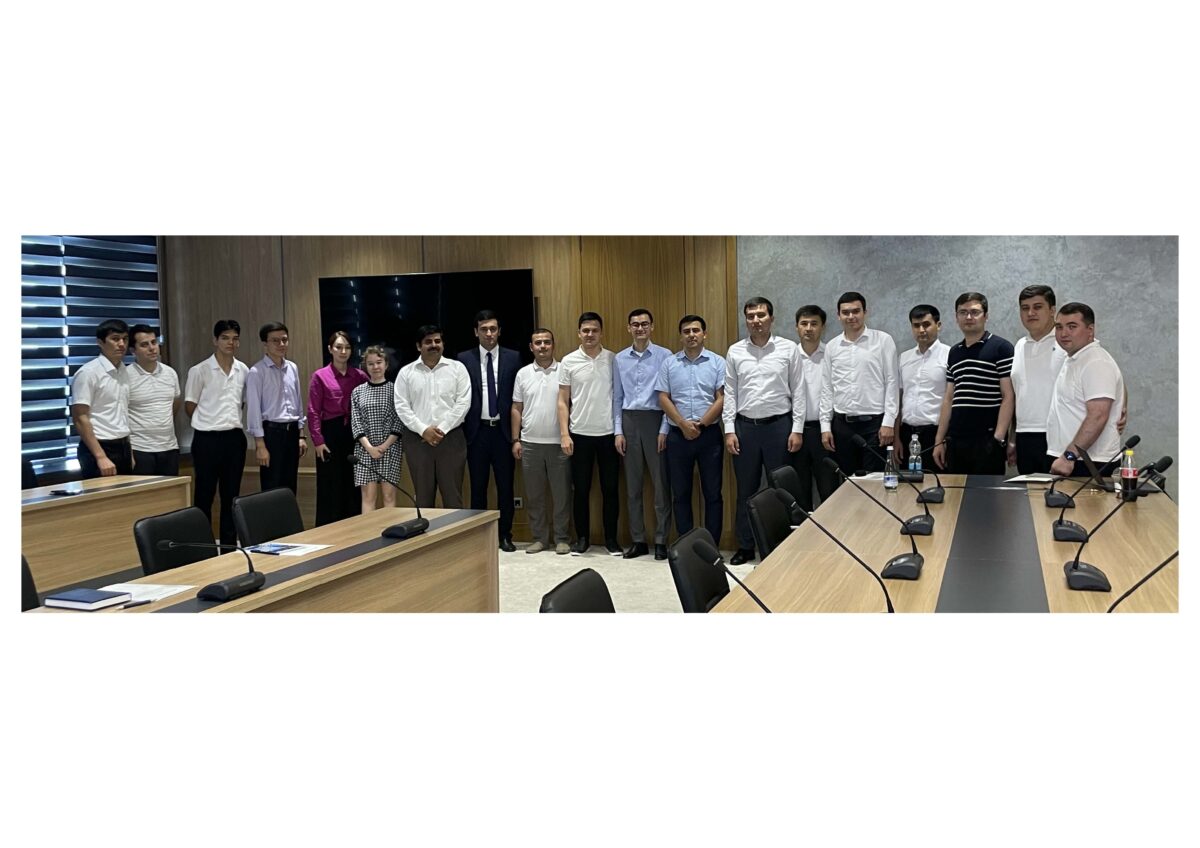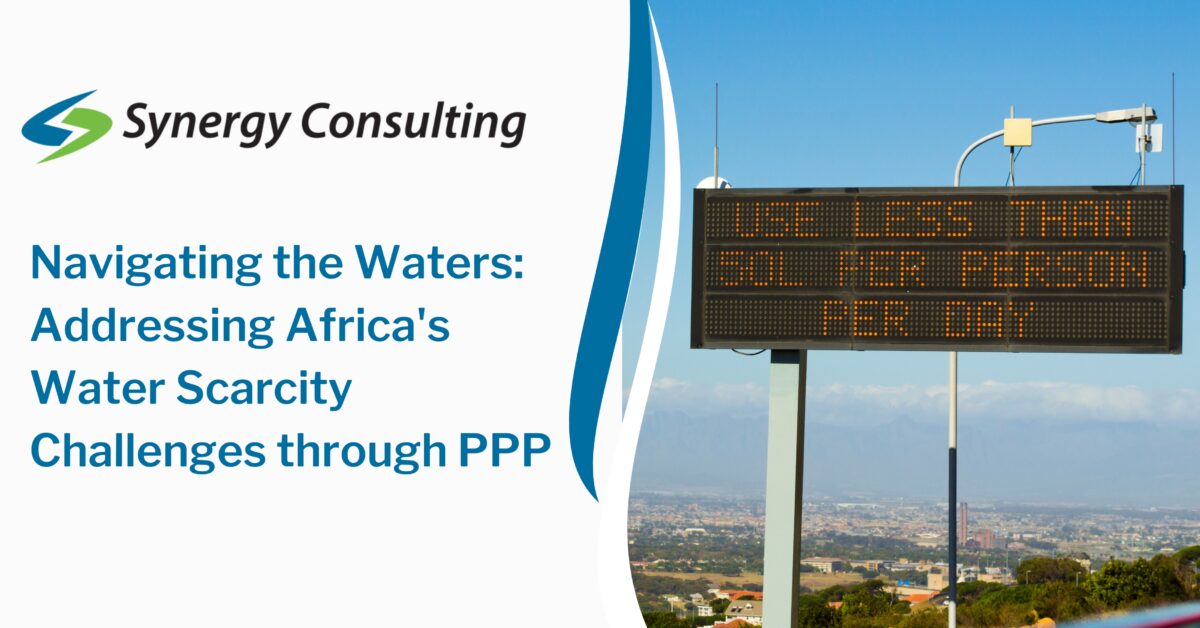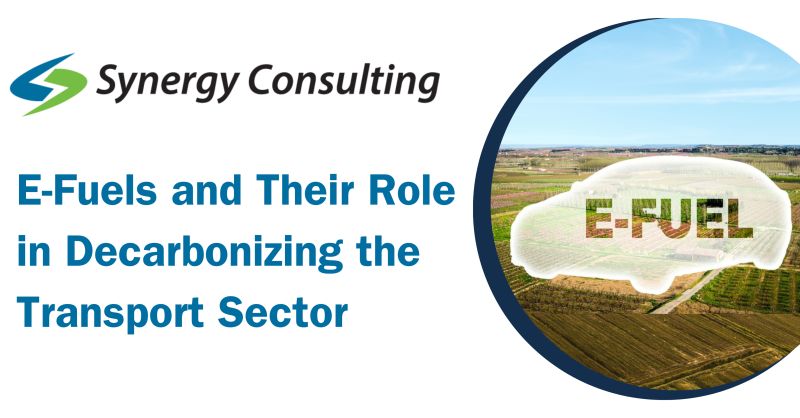Carbon Credits – A Collaborative Approach
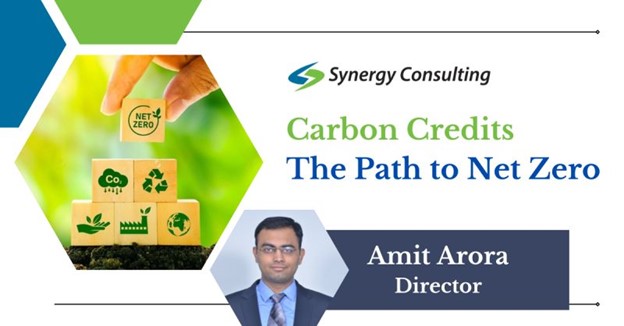
Middle East and North Africa (MENA) region have set a collaborative target towards achieving net zero, requiring an economic transformation of the global markets. Collectively, at COP28, it was agreed to transition away from fossil fuels through a collaborative approach that included a credible Carbon Credit (CC) ecosystem. Per the UN Climate Action program, Net Zero means cutting carbon emissions to a small amount of residual that can be absorbed and stored by nature, and other CO2 removal measures, leaving zero.
In a CC ecosystem, Capital markets are an essential and critical force driving the transition to net zero. They require a joint participant action that ranges from a reallocation of capital to the effective channelling of funds. By asset owners, managers, and banks to greener investments and innovation. As per UNDP, one tradeable CC equals one tonne of CO2.
90% of all businesses in MENA are small and medium-sized enterprises. To drive CC markets a strategic and collaborative program was launched together with the COP28 Presidency, ‘SMEs Climate Hub’ and ‘We Mean Business Coalition’. Simultaneously, banks, regulators, and top officials are focused on reviving key aspects of the CC ecosystem through a cooperative effort. Enabling bankable high-integrity solution delivery by leveraging governments, businesses, and financial institutions through CCs and leading with best practices to achieve net-zero goals.
In contrast to standard project finance transactions, global bankable CCs are influenced by pricing schemes, compliance markets, and high integrity Voluntary Carbon Market (VCM) with strict financial covenants such as higher solvency ratios and mandatory reserve requirements. A robust implementation requires offset programs and global standards that tracking credits and revenue flows from companies to regulators. Reliable carbon markets are then established based on emissions compliance and verifiability through certified projects, issuance and retirement.
CCs are already progressive in the global market, as demonstrated below.
Waste to Zero is a voluntary coalition comprised of governments, NGOs, and the private sector partnering to transform waste into resources. It is led by the UAE Ministry of Climate Change and Environment (MOCCAE), Abu Dhabi Waste Management Company (Tadweer), and Roland Berger.
Asian Development Bank (ADB) and Greenway Grameen Infra Private Limited reduced 22.9 million tons of CO2 via the dispersal of improved cookstoves to rural households in India’s Madhya Pradesh and Odisha states with first-loss liquidity reserve financing from CIDF.
Going forward, VCM growth will be driven by future trends like organized broker channels, global collaboration, and long-term credit buyer purchase agreements, shaping a 2050 market valued at over $1.1 trillion annually.

